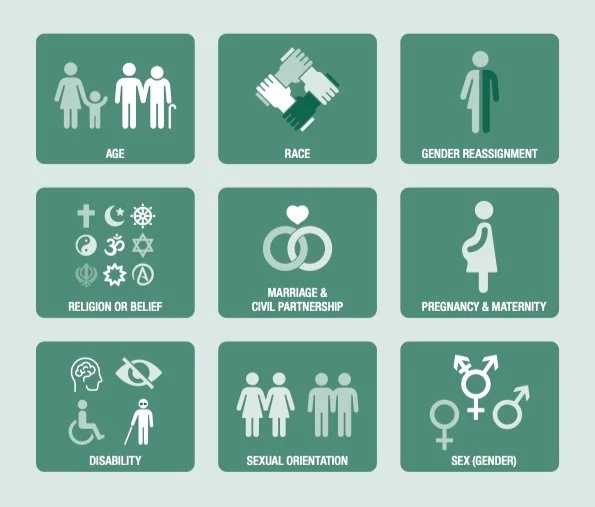Our Latest Briefing Sheet: Enhancing EQIA Outcomes for Unpaid Carers
We're thrilled to announce the release of our newest briefing sheet: Briefing Sheet 17 - Using Intersectionality to Improve EQIA Outcomes for Unpaid Carers.
Our briefing sheet argues that Equality Impact Assessments (EQIAs) could be strengthened by considering informal/unpaid carers alongside existing protected characteristics.
What is an Equality Impact Assessment (EQIA)?
There are nine protected characteristics enshrined by The Equality Act 2010: age, disability, gender reassignment, pregnancy and maternity, race, religion or belief, sex, and sexual orientation.
Public bodies have a duty to consider the needs of people with protected characteristics in their policymaking.
EQIAs are considered common practice as a way of having due regard to equality needs in policymaking.
Informal Caring as a Protected Characteristic
EQIAs are used to ‘test’ policies against the nine protected characteristics, of which unpaid/informal caring is not one.
However, policies in areas such as housing, education and employment all have clear implications for carers. We argue policymakers should consider unpaid carers alongside other protected characteristics.
The Need for Intersectionality
Presently, the equality implications of protected characteristics tend to be considered in an isolated way, without consideration of how a person’s protected characteristics interact and intersect with each other.
We argue that the experience of someone who is an unpaid carer AND has a protected characteristic is unique! Important nuance is lost when their caring role and their protected characteristic is considered separately.
This approach is called intersectionality.
Why Is This Work Relevant?
With an estimated 700,000 to 800,000 unpaid carers in Scotland, representing all nine protected characteristics, employing an intersectional lens can help address the specific challenges faced by carers with diverse backgrounds.
Our briefing sheet is a crash course in intersectionality – a concept which is just starting to gain recognition within the Scottish legislature. It offers practical examples of applying an intersectional approach to EQIAs and presents forward-looking recommendations.
MECOPP is committed to advocating for the rights of unpaid carers and fostering inclusive policymaking. Our full range of briefing sheets are readily available and can be accessed here.

